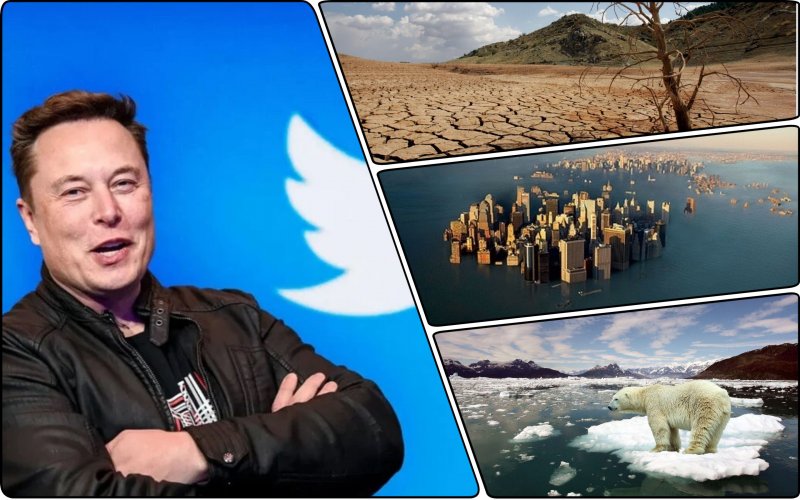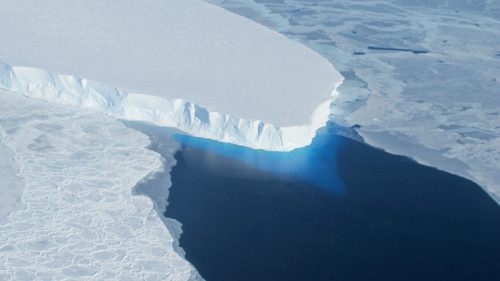The owner of Tesla, SpaceX and Twitter, Elon Musk, has been accused of spreading false claims on the Internet about the insignificant impact of agriculture on climate change.
Analysis by the Climate Action Against Disinformation group showed that the number of tweets with disinformation about the climate has tripled (from 30,000 to 110,000 per week) over the past year, DW reports.
"What happens on the Earth's surface (eg agriculture) has no significant effect on climate change," Musk wrote, adding in another tweet that over time, the chemical composition of the atmosphere will change enough to cause significant climate change.
It is noted that scientists quickly pointed out Musk's mistake, because greenhouse gas emissions from agricultural activities and other land use accounted for 13-21% of global emissions during 2010-2019. In addition, global warming from human activity has already reached 1.2°C and is already causing extreme weather events.
The article emphasized that the DW team asked the Twitter press service for a comment. However, she received a rude emoji in response.
The authors added that over the past decade, Musk has made several statements about the severity of climate change, which he has described as real and catastrophic. But in recent months he has played down the role of agriculture and said efforts to curb pollution from farms will not help.
A study published in the journal Nature Climate Change found that global food consumption alone could increase warming by nearly 1°C by 2100. However, more than half of the warming can be avoided by improving food production, increasing vegetable consumption and reducing meat consumption.
Earlier, EcoPolitic wrote, that in Antarctica the area of sea ice is shrinking at an unprecedented rate and, despite the middle of winter, some areas have become exposed in places where this had not been observed before.
As EcoPolitic previously reported, a study by the UN Intergovernmental Panel on Climate Change (IPCC) showed that by the beginning of the 2030s the world will exceed the warming limit by 1.5°C, and by 2100 it will reach 3.2° C.





